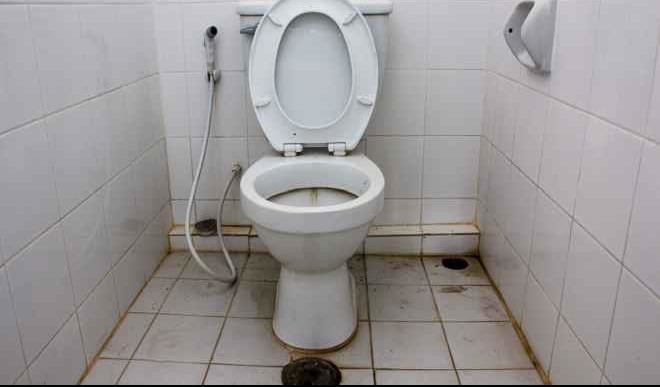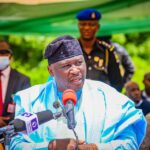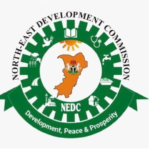The current status of sanitation in Nigeria remains worrisome as a current survey has indicated that only 37 percent of the health facilities in Nigeria have at least one usable toilet for the patients while the remaining 63 percent lack toilet.
The Chief of Water, Sanitation and Hygiene (WASH) with the United Nation Children’s Fund (UNICEF), Zaid Jurji gave the indication at a Media Dialogue organised by the Child Rights Information Bureau (CRIB) of the Federal Ministry of Information and Culture in collaboration with UNICEF as part of efforts to addressed the challenges of poor situation of water and hygiene in the country.
Jurji said any improvement that Nigeria makes on water, sanitation and hygiene will make a good impression on Africa as a continent given the population of Nigerians and other factors.
He expressed the need to step up the provision of social amenities such as toilets and water so as to promote hygiene and prevent diseases and avoidable death of children.
He also harped on the need to maintain the existing water facilities across the country.
“Water systems need to be sustainable so they can serve communities for a long time,” Jurji noted.

In his remarks, the Minister of Information and culture, Lai Mohammed lauded the European Union (EU) for the WASH activities aimed at creating safe water sources and sanitary facilities in communities and schools in Nigeria, particularly the Niger Delta Water Project.
The Minister was represented by the Director in charge of Child Rights Information Bureau in the ministry, Mr Olumide Osanyinpeju.
He said, “The European Union ‘s Niger Delta water supply and sanitation sector programme for the Federal Republic of Nigeria supports the Federal Government and five EU focal states (Delta, Edo, Akwa Ibom, Rivers and Bayelsa) to develop and implement water and sanitation sector reform, taking into consideration critical legal, policy and institutional issues.”
“As partners on child survival, this media dialogue is organized to raise public awareness by setting agenda for children’s issues within the framework of child rights and creating a deeper understanding of children’s needs among people, governments and institutions and defining the society’s role in meeting those needs,” he said.
Speaking on behalf of the Rivers State Government, the acting Permanent Secretary in the Ministry of Water Resources and Rural Development in the state, Engineer Emmanuel Amatemoso also commended EU and UNICEF for their intervention on water, sanitation and hygiene in Rivers State.
UNICEF Chief of Communication for West and Central Africa, Thierry Delvigne-Jean in his presentation highlighted the role of the media in tackling the problem and urged journalists in Nigeria to intensify the reportage of issues of water, sanitation and hygiene in the country so that the policy makers would take the right steps.
Delvigne-Jean warned that failure to make proper investment in children and young people through provision of social amenities in accordance to population growth might lead to a bleak future.
He urged all African countries to investment appropriately on children so as to guarantee better future in the continent.
Also speaking, UNICEF Chief of Communication, Eliana Drakopoulos said the role of the media in achieving the objective of UNICEF of WASH is very key and charged journalists to give feasibility to issues of water, sanitation and hygiene in Nigeria
The UNICEF Communication Specialist, Geoffrey Njoku also said the objective of the media dialogue was to equip journalists with necessary information in terms of verified facts and figures so as to propel them to write quality stories that would bring warrant positive changes on the water, sanitation and hygiene situation in Nigeria.
In his presentation, UNICEF WASH specialist, Michael Forson gave the overview of the EU/UNICEF Niger Delta Support Programmmes (NDSP) and his colleague, Martha Hokonya enumerated the achievements of NDSP since inception.
The media dialogue was attended by editors and senior journalists drawn major national newspapers, radio and television station as well as online media.

 Join Daily Trust WhatsApp Community For Quick Access To News and Happenings Around You.
Join Daily Trust WhatsApp Community For Quick Access To News and Happenings Around You.


